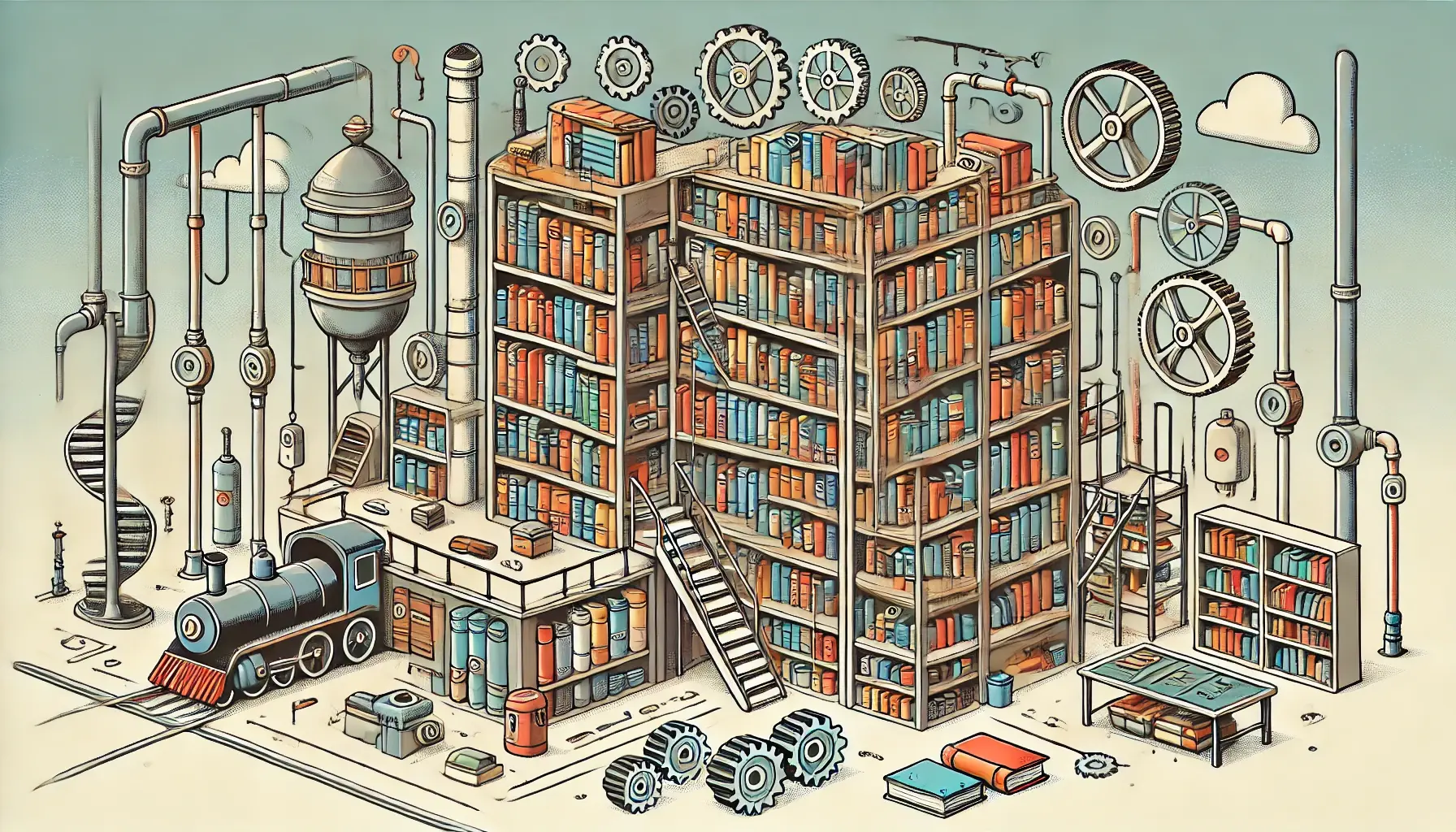Article [3 min read]
Gold is widely known as a reliable way to save and invest capital. But before you hold that shiny bar of gold in your hands, an immense amount of work goes into it—exploring uninhabited areas, digging through quarries, extracting it from the dirt, and refining it into a bright, beautiful piece. The process of gaining organizational knowledge is quite similar—before you can reap the benefits, you must invest in uncovering and refining it.
In this article, we’ll explore what industrial knowledge is and why management teams should make it a priority.
Industrial knowledge is the experience gained over years—or even decades—of operation in a particular domain or industry. It comes at a significant cost, built through countless trials and errors, often under the pressure of unforeseen challenges and stressful conditions. These challenges, though daunting, serve as both obstacles and invaluable teachers, shaping the organization along the way.
Teams that excel at finding and implementing effective solutions quickly rise to success, securing a competitive edge. This advantage often stems from deep expertise—knowing the right things, doing the right things, and achieving the right results.
Another key benefit of harnessing industrial knowledge is the internal wisdom it fosters. When teams possess confidence in their ability to tackle any challenge—whether in production, maintenance, logistics, or sales—it creates a sense of ownership and resilience. That confidence, built on a foundation of knowledge, is truly a golden asset.

However, preserving and utilizing this knowledge is not as easy as it sounds. Valuable insights often leave companies when employees move on, or they are never properly documented in the first place. Sometimes, even when knowledge exists, it becomes too fragmented or complex to use effectively.
Fortunately, capturing and reusing past experience isn’t rocket science. Modern IT solutions and technologies simplify the technical side of the task; however, they are not the full answer. Knowledge is created by people, and their involvement is essential. Organizations must prioritize fostering a culture of knowledge sharing. This can be achieved through cross-department projects, mentorship programs, and supportive methodological approaches.
What are the use cases where tribal wisdom is beneficial or even essential in an industrial environment?
- Production and maintenance teams: These teams keep production facilities running reliably by following standards and instructions that have been developed and regularly updated.
- External members of operational teams (such as contractors and consultants): These individuals often require access to historical events to perform effectively. They are also significant contributors to the growth of industrial knowledge for the business owner.
- Employee turnover: When experienced employees leave and new ones join, a systematic process is required to transfer knowledge between these groups.
- Installers and start-up teams: When assembling and launching new equipment at clients’ facilities, these teams often consult past projects. Moreover, clients can be included in this knowledge-sharing loop, receiving initial operational documentation in the form of a best practices set.
[Promotion] At In-crew.app, we’re building a solution to help organizations enhance their knowledge exchange. With our tools, every technician can become a superstar in problem-solving, empowering teams to unlock their full potential.
You can try our application by clicking "Sign up".




